
A recent study examined the association between patients with secondary myelofibrosis (SMF) and later development of nonhematological second primary malignancies (SPM).

A recent study examined the association between patients with secondary myelofibrosis (SMF) and later development of nonhematological second primary malignancies (SPM).
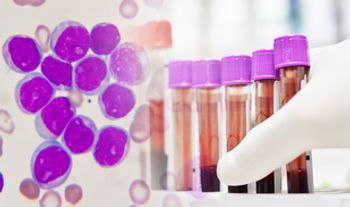
Researchers from the the University of Alabama finds the SIRT1 protein plays a key role in preventing chronic myeloid leukemia stem cell elimination.
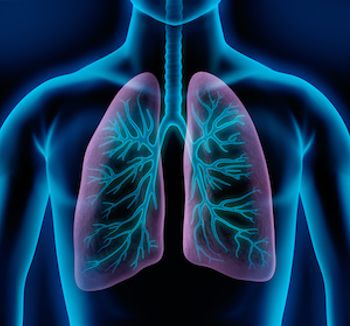
Early detection and treatment of lung cancer through screening with low-dose computed tomography (CT) has been investigated as a potential tool for reducing lung cancer deaths, the leading cause of cancer death worldwide, for more than 2 decades. Published this week was an extended follow up study to the 2011 randomized National Lung Screening Trial that found a similar number of patients must be screened to prevent cancer deaths as determined in the original analysis.

Individuals in traditional blue-collar jobs were the main beneficiaries of the Affordable Care Act because they were less likely to have employer-based coverage before the law, according to a new study.

How can perioperative mobile apps can increase patient compliance while saving money?

In a session held during the Florida Society of Clinical Oncology’s annual meeting in April, panelist James Almas, MD, vice president and national medical director of clinical effectiveness at LabCorp, and previously a medical officer at CMS in the Coverage Analysis Group, announced that he expected the National Coverage Determination to be reopened for Foundation Medicine’s FDA-approved companion diagnostic. By the end of the month, CMS revealed that they had done just that.

Compared with patients who did not receive the deep-brain stimulation surgery, patients who received the surgery experienced improvements in urinary frequency, urgency, and inconsistence.

A federal appeals court rejected a request to delay next week's hearing on the constitutionality of the Affordable Care Act (ACA); Senator Elizabeth Warren, D-Massachusetts, is calling on former FDA Commissioner Scott Gottlieb, MD, to immediately resign from Pfizer's board of directors; Maine is joining a handful of other states in expanding access to abortion.

A recent study sought to determine if there was an association between food insecurity, or the fear that your food will run out before you have enough money to purchase more, and migraine, which commonly affects 1 in 6 individuals, among young adults in the United States.

Two abstracts presented at the American Academy of Neurology 2019 Annual Meeting evaluated misdiagnosis of multiple sclerosis.
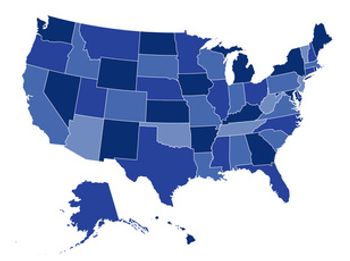
Last week, a panel of diverse stakeholders took the stage at the National Comprehensive Cancer Network Policy Summit in Washington, DC, to discuss shifting regulatory action from the federal to the state level, and the possible implications for patient access to high-quality cancer care.

Impulsive and compulsive behaviors have become increasingly associated with Parkinson disease (PD) and treatment. Recently, the International Parkinson’s and Movement Disorder Society commissioned a task force to assess currently available screening tools and rating scales in order to make recommendations regarding their utility, as well as to inform future directions in scale development and validation.

Taking a bold step into the world of bundled payment models can help an organization transform itself, but it could fail.

The genomic test is designed to limit invasive procedures for low-risk patients with suspicious lung nodules.
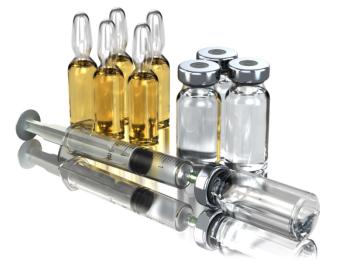
A recent study examined prescription claims databases to determine treatment patterns of patients with moderate-to-severe psoriasis who started therapy with 1 of 5 drugs by later status of whether they had psoriatic arthritis or not.

Pharmaceutical makers issued drug price increases on more than 40 drugs by an average 13.1%; New York City's public hospital system will reject $1.3 million in federal funding over the Trump administration's gag rule; Virginia has announced efforts to lower maternal mortality among black women.
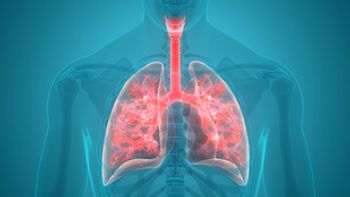
Individuals with chronic obstruction pulmonary disease (COPD) report low disease-specific knowledge.

The study involves a novel way to measure success for diabetes prevention programs, which historically have been evaluated by the amount of weight participants lose.
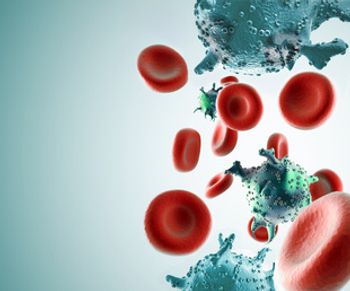
Assessing 3 different contraceptive methods, researchers determined there are no significant differences in risk of acquiring HIV based on which method is used.

Achieving undetectable minimal residual disease (MRD) status is important for deep and durable responses in patients with chronic lymphocytic leukemia (CLL), according to 2 abstracts presented at the 2019 American Society of Clinical Oncology Annual Meeting.
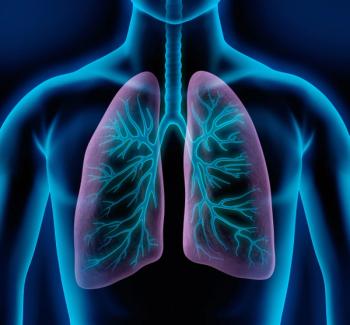
A recent review looked at 2 types of eosinophilic pneumonia: acute eosinophilic pneumonia and chronic eosinophilic pneumonia.

HHS will delay the implementation of its conscience protection rule to at least November 22; Missouri's only abortion clinic can continue to provide the service through August; CMS is seeking part of Oklahma's $270 million settlement with Purdue Pharma.

Evidence has shown that nivolumab immunotherapy could effectively treat metastatic renal cell carcinoma (RCC) in settings where resources are constrained.

A study from the Cleveland Clinic found a significant drop in hospitalization of patients with chronic obstructive pulmonary disease (COPD) using electronic inhaler monitoring and a disease management program.

Here are the top 5 articles for the month of June.
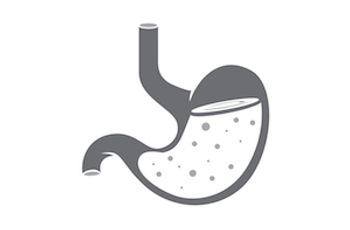
Researchers have found additional evidence that Parkinson disease initiates among cells in the gut and then travels through the body’s vagus nerve to the brain, according to a recently published study conducted in mice models.
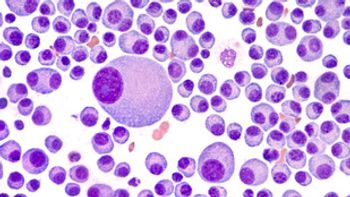
While minimal residual disease (MRD) is being used to assess response to treatment in multiple myeloma (MM), the level of risk a patient has can make a big different in how well MRD works as a prognostic indicator, according to 2 abstracts presented at the 2019 American Society of Clinical Oncology Annual Meeting.

American voters have made it clear that healthcare is a top priority in the upcoming election, and the topic also emerged as a top priority during the 2 nights of the Democratic debates.

A new study said there are greater risks of several adverse pregnancy outcomes for women with migraines than those without, including elevated blood pressure, miscarriage, caesareans, preterm births, and infants with low birth weight.
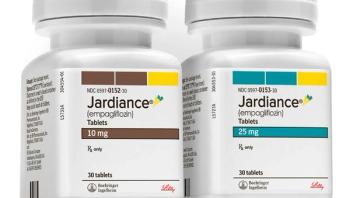
The EMPEROR trials could lead to new indications for the SGLT2 inhibitor for patients with and without diabetes.

259 Prospect Plains Rd, Bldg H
Cranbury, NJ 08512
© 2025 MJH Life Sciences®
All rights reserved.
